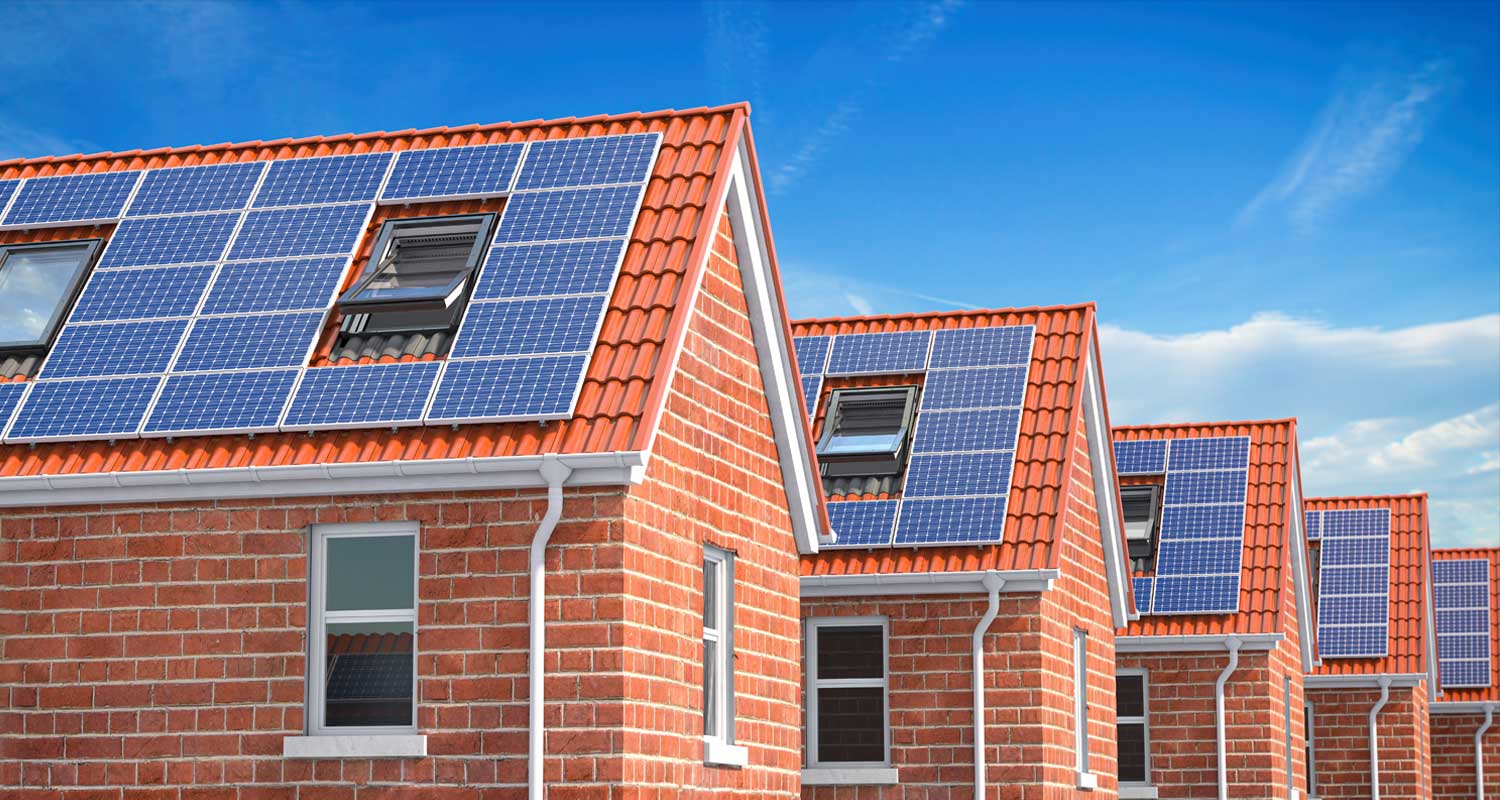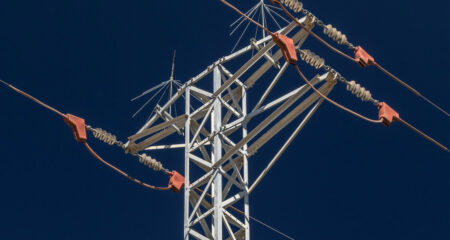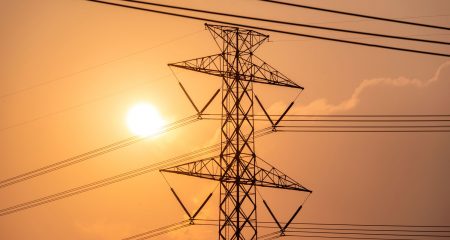 Finance minister Enoch Godongwana used his recent budget speech to introduce a tax rebate for individuals going solar in an effort to reduce demand on Eskom’s ageing power generation fleet.
Finance minister Enoch Godongwana used his recent budget speech to introduce a tax rebate for individuals going solar in an effort to reduce demand on Eskom’s ageing power generation fleet.
But how effective will the tax rebate be in promoting the adoption of solar power?
First, let’s look at the details of the rebate.
According to Phillip Joubert, manager of the Centre of Tax Excellence at South African Institute of Professional Accountants (Saipa), the rebate is only for fixed rooftop solar PV panels, and not for batteries, inverters or installation costs.
The cost of a full solar installation for a three-bedroom home can range from R120 000 to R180 000, and a single solar PV panel can cost about R5 000. Assuming an average installation of 10 panels, the rebate of R12 500 would result in a saving of just 8%.
However, Joubert says there are several factors to consider when determining the impact of the rebate on affordability. The time between installation and receiving the rebate may be more than a year, and the rebate will only be allocated up to the point that an individual has an amount of tax due — it will not result in a refund. It’s therefore not yet clear whether the rebate will be sufficient to convince homeowners who were not already seriously considering installing solar power to do so.
Positive step
Despite this, Joubert believes the rebate is a positive step towards encouraging the adoption of solar power in South Africa. It is the first rebate of its kind for individual taxpayers, as previous rebates were only available for businesses. There are no restrictions on who can claim the rebate, provided they are an individual taxpayer installing a qualifying solar PV system.
However, the rebate is only available for one year, which may be disheartening for homeowners who miss the deadline due to high demand.
So, how does the solar tax rebate compare to other incentives or subsidies for renewable energy in South Africa and around the world? Joubert says the tax rebate is a first for individuals in South Africa and it is not yet known how effective it will be in promoting the adoption of solar power.
Several municipalities in South Africa are also launching programmes to buy excess electricity from consumers who generate their own solar power. The City of Cape Town has already launched such a programme, and others are expected to follow suit. These may provide additional incentive for individuals to install solar power.

When it comes to the impact of the rebate on South Africa’s energy mix and carbon footprint, Joubert says South Africa’s reliance on coal-powered electricity generation is unlikely to change anytime soon. Coal power is still cheaper and more scalable than solar, although it is not as sustainable. However, the rebate may help to reduce the pressure on Eskom’s ageing and failing infrastructure, allowing for the rebuilding and renewal of the country’s energy infrastructure.
Joubert says it is worth noting that there are concerns about the environmental impact of solar panel manufacturing and disposal. Increased manufacturing of solar panels may lead to increased pollution, and there are concerns about the safe recycling of used solar panels. However, he says any renewable energy source will have some environmental impact and the goal is to reduce overall emissions and move towards a more sustainable energy mix.
Read: Tax relief announced for homeowners going solar – all the details
In summary, then, the solar tax rebate introduced in South Africa appears to be a positive step towards promoting the adoption of solar power. While its impact on affordability remains to be seen, it is a first for individual taxpayers and may provide additional incentives for individuals to install solar power. The rebate is also likely to reduce the pressure on the national power grid, which has been strained in recent years due to increased demand and ageing infrastructure. — (c) 2023 NewsCentral Media




